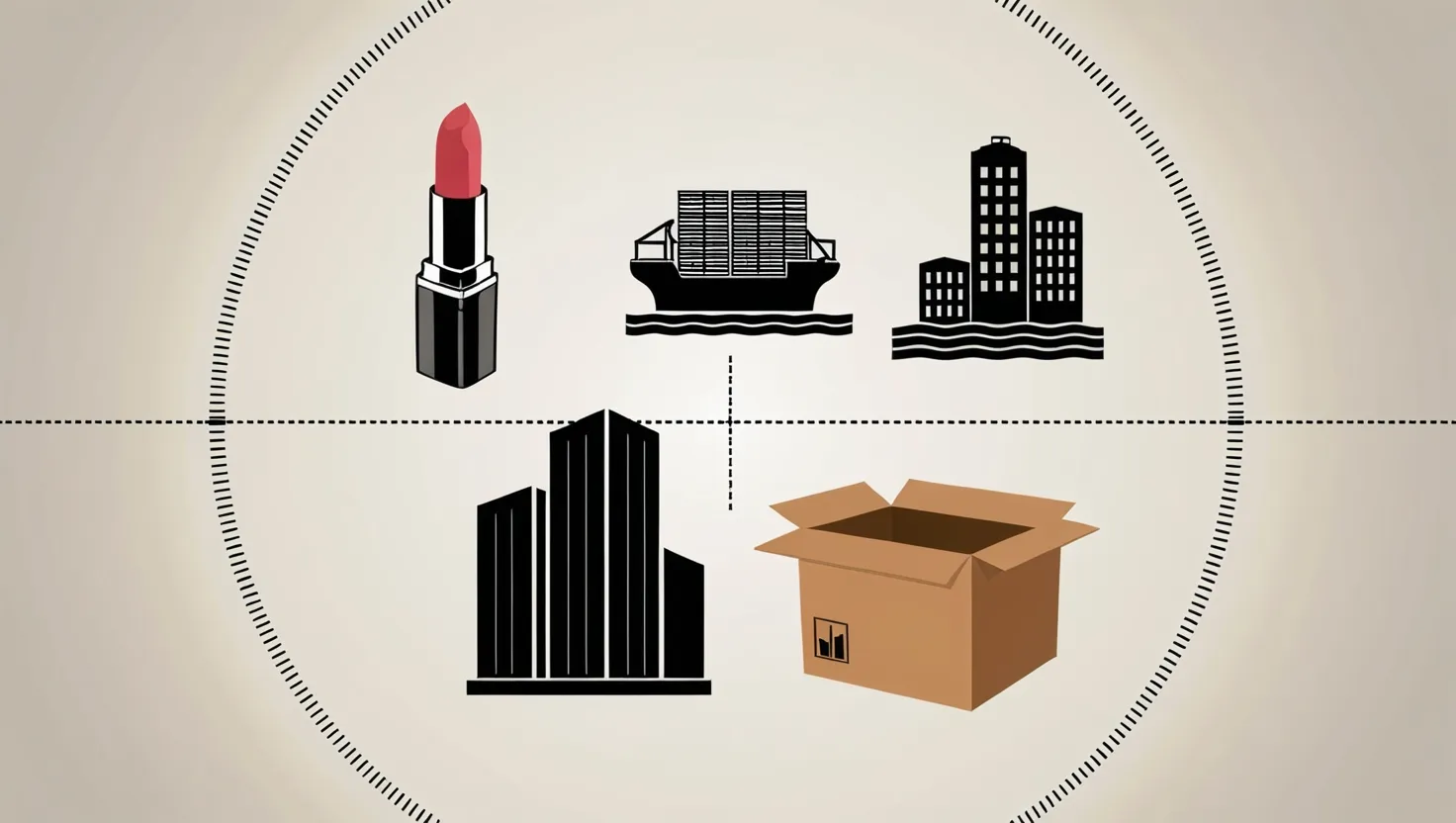As we delve deeper into the digital age, the specter of cyber threats grows more ominous. In this evolving landscape, quantum computing emerges as a transformative force, poised to redefine the very fabric of cybersecurity. Imagine a world where computers can decipher codes in seconds that would take their classical counterparts millions of years to crack. This is not a distant fantasy; it is a reality that is rapidly unfolding.
The Double-Edged Sword of Quantum Computing
Quantum computing's immense power is a double-edged sword. On one hand, it promises to break through the barriers of current encryption methods, rendering many of our existing security protocols obsolete. For instance, quantum computers can potentially crack RSA and ECC encryption, which are the backbone of our current digital security. This vulnerability is so significant that industry leaders and governments are already scrambling to develop quantum-resistant encryption methods. Companies like Mastercard are at the forefront of this effort, recognizing the urgent need for advanced security measures in the face of quantum computing.
On the other hand, quantum computing also holds the promise of virtually unbreakable codes through quantum cryptography. Quantum key distribution (QKD) is a method that uses the principles of quantum mechanics to encode and decode messages in a way that is theoretically secure. This means that any attempt to intercept the communication would be detectable, ensuring the integrity and confidentiality of the data. This technology has the potential to revolutionize data security, making it a game-changer for industries that rely heavily on secure data transmission, such as finance and healthcare.
The Impact on Current Security Systems
The advent of quantum computing necessitates a thorough reevaluation of our current security systems. Traditional cybersecurity measures, which have been robust against classical computing threats, may be woefully inadequate in the quantum era. For example, the "harvest now, decrypt later" doctrine suggests that hackers could collect encrypted data now and wait for the advent of powerful quantum computers to decrypt it later. This scenario underscores the need for immediate action to prepare for the quantum era.
One approach to mitigating these threats is through "crypto agility," the ability of a system to quickly and easily switch between different cryptographic algorithms or protocols. This modular approach allows organizations to adapt their security measures as new threats emerge and as quantum-resistant algorithms become available. It's a proactive stance that acknowledges the dynamic nature of cybersecurity in the quantum age.
The Symbiotic Relationship Between Quantum Computing and AI
Quantum computing and artificial intelligence (AI) are not isolated technologies; they have a symbiotic relationship that can significantly enhance each other's capabilities. Quantum computing can accelerate AI processes by rapidly processing extensive data sets, which is crucial for training AI models and enabling advanced reasoning and decision-making tasks. For instance, quantum machine learning (QML) can accelerate the learning processes of AI, making it more adaptable across diverse tasks and environments.
Conversely, AI can play a critical role in optimizing and stabilizing quantum computing systems. AI algorithms can predict and correct quantum computation errors, reduce noise, and automate the calibration of quantum devices. This synergy is essential for the development of robust and reliable quantum systems, which in turn can enhance AI capabilities further.
Monitoring and Protecting Quantum Computations
As quantum computers become more integrated into our technological ecosystem, the need to monitor and protect these systems becomes paramount. Unlike classical computers, quantum computers cannot be monitored in the same way due to their volatile and unstable nature. This gap necessitates the development of a multi-layered instrumentation framework that can enforce or verify security-relevant properties of quantum computers.
For example, tools need to be developed to verify which algorithms are running on a quantum computer and ensure that these computers do not perform undesirable behaviors. This involves creating sophisticated monitoring systems that can detect and prevent malicious activities, such as hijacking quantum computing capabilities for unauthorized use.
Practical Applications and Future Implications
The impact of quantum computing on cybersecurity extends beyond the realm of encryption and into various practical applications. In finance, quantum computing can revolutionize risk modeling by analyzing vast amounts of data simultaneously, leading to more accurate risk assessments and optimized portfolios. This capability can significantly enhance decision-making for financial institutions, making them more resilient and competitive.
In supply chain management, quantum algorithms can optimize routing, distribution, and inventory management, reducing costs and minimizing delays. This efficiency can offer a significant competitive advantage in global markets, where logistics play a critical role.
Preparing for the Quantum Era
As we stand at the threshold of this new frontier, it is clear that preparing for the quantum era is not just a necessity but an imperative. Businesses and organizations must start evaluating their current systems and planning for the transition to quantum-resistant technologies. This involves staying informed about emerging quantum-resistant algorithms and gradually implementing cybersecurity protocols that can adapt to the evolving threat landscape.
For instance, Microsoft's Azure Quantum platform is a step in this direction, offering developers and businesses access to quantum computing resources alongside classical cloud computing. This integration enables organizations to explore and solve complex problems while preparing for the quantum future.
The Role of AI in Cybersecurity
AI is not just a complementary technology to quantum computing; it is an indispensable tool in the cybersecurity arsenal. AI algorithms can analyze vast amounts of data to detect anomalies and potential threats, offering a proactive approach to digital security. In the quantum era, AI's role will become even more critical as it helps in identifying and responding to cyber threats that exploit quantum vulnerabilities.
For example, AI systems can monitor network traffic for unusual patterns, potentially thwarting cyberattacks before they inflict damage. This proactive stance is crucial in an era where cyber threats are becoming increasingly sophisticated and pervasive.
Investing in the Future
For retail investors and businesses alike, understanding the nuances of quantum computing and AI's impact on cybersecurity is more than just staying informed; it's about recognizing strategic investment themes. Companies that are actively engaged in developing quantum-resistant encryption and AI-driven security solutions are at the forefront of this technological leap.
Investing in firms like Qualcomm and Cisco Systems, which are shaping the future of cybersecurity within the 5G technology space, can be a forward-thinking approach. These companies are not just adapting to the changes; they are driving innovation in secure networks and devices, making them interesting players to research.
Conclusion
The future of cybersecurity in the quantum and AI era is a landscape of immense challenges and significant opportunities. As quantum computing continues to advance, it poses a threat to current cybersecurity protocols but also paves the way for innovative solutions and new market opportunities. The integration of AI in cybersecurity tools is transforming how organizations defend against cyberattacks, offering enhanced threat detection and response capabilities.
In this new frontier, it is crucial to adopt an innovative and proactive approach to securing digital spaces. Whether it's rethinking encryption strategies, exploring quantum-powered AI, or optimizing logistics, organizations must take steps today to ensure they remain competitive and secure in the quantum era. The journey ahead is complex, but with the right strategies and investments, we can navigate this new frontier and emerge stronger and more resilient than ever before.






